CCO Liability Case
On June 4th, the SEC settled a case against the hedge fund investment adviser Deer Park Road Management Company LP (“Deer Park”). Deer Park’s missteps create a uniquely teachable moment for compliance-oriented professionals whose controls may not always focus as intently as they should on the technical details of their organization’s models and processes. While Deer Park’s compliance processes were unusually deficient, such professionals should take caution when deferring to the business on technical matters such as valuation. The devil often resides in such overlooked details.
In particular, Deer Park and its CIO were censured and fined for failing to maximize observable inputs while developing GAAP-compliant valuations for a portion of the residential mortgage-backed securities it managed. In such cases, traders were given undue authority to undervalue such securities or to misreport their value to the investment adviser’s outside pricing vendors. The CIO signed off on these valuations, directly implicating himself. As Daniel Michael of the SEC Enforcement Division’s Complex Financial Instruments Unit said of the case, “Deer Park’s pervasive compliance failures allowed its traders to mark assets up gradually instead of marking them to market, in violation of the accounting principles they were required to follow.”
Deer Park’s program also suffered from insufficient oversight of the valuation process, despite the firm’s pricing expertise. In this case, the SEC focused on the inadequacy of Deer Park’s valuation procedures and conflicts of interest that arose when the firm’s traders and CIO allowed themselves to disregard observable market inputs.
Moreover, it acknowledged Deer Park’s retention of a new CCO with relevant experience after the firm’s violation period as a remedial action. This specifically underscores this case’s relevance for Compliance: the case implies in order to avoid regulatory action, the CCO needed the expertise to confirm the adequacy of the controls.
Deer Park reminds us that what compliance professionals don’t know about the underlying business can hurt them. But help is always available.
Outside resources exist to help you stay current and informed. Know when to ask for help!
Beth Haddock is the author of Triple Bottom-Line Compliance – How to Deliver Protection, Productivity and Impact. She advocates delivering sustainable compliance that increases brand protection, risk mitigation, productivity, and employee engagement.




